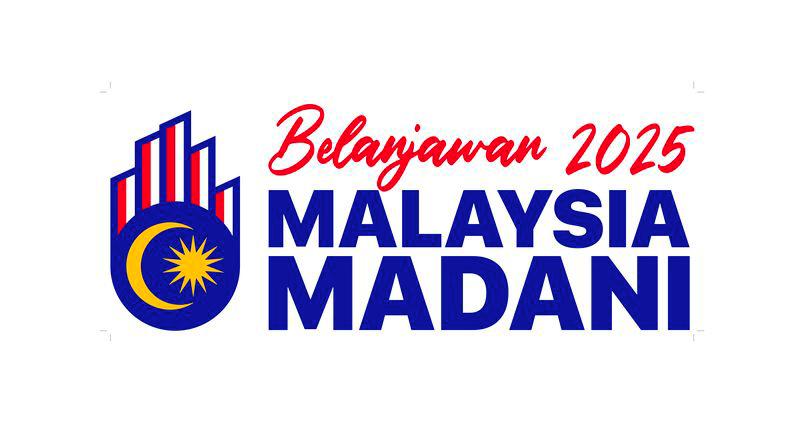KUALA LUMPUR: Prime Minister Datuk Seri Anwar Ibrahim today tabled the third MADANI Budget 2025, highlighting five important aspects related to the people's lives.
These five aspects are focused on navigating the MADANI Economy; implementing reforms more decisively; eliminating bureaucratic red tape; increasing wages and incomes; and addressing the cost of living.
“Therefore, all efforts presented today aim to follow every benchmark of the MADANI Economy with three focuses; revitalising the economy, generating change, and ensuring the well-being of the people,” he said when tabling the national budget in Dewan Rakyat.
Anwar said in formulating economic initiatives, fundamental considerations are anchored in the need for reform to ensure growth while addressing the issues of widening inequality and poverty.
Thus, he said the core framework is to drive more robust growth by taking into account new developments and learning branches, as well as the demands of the times.
“However, we must not lose sight of the main pillars, which are to ensure the comfort of the people through education and health. This is also a significant part of the MADANI Economy: Empowering the People framework which we have launched and committed to continuing the reform agenda,” he said.
ALSO READ: Budget 2025 Live Updates: Minimum wage raised to RM1,700 starting Feb 2025
At the beginning of his speech, Anwar also reiterated his visits to several states to see and hear firsthand the issues faced by the people, thereby helping to formulate the MADANI Budget 2025.
Among his visits was to Felda Lahad Datu, Sabah, two months ago, which included monitoring areas that were previously threatened by terrorist intrusion in Kampung Tanduo.
“The issue of customary land arose and was resolved for the residents of Tambisan. I also promise that we will meet the needs of a national school there,” he said.
Anwar said he also visited the Khadijah Market in Kelantan to observe the poor conditions of the market; Kapit, Sarawak, to review the progress of several development projects in rural and remote areas; and Alor Setar, Kedah, to see the aftermath of the floods that destroyed residents’ crops.
The Prime Minister said meeting the people at the grassroots was very impactful and had helped him understand their problems.
“We witnessed firsthand the issues faced by the people due to erosion and flooding, education, health, and social impacts. These significant problems, when examined, are a microcosm of broader issues,” he added.









